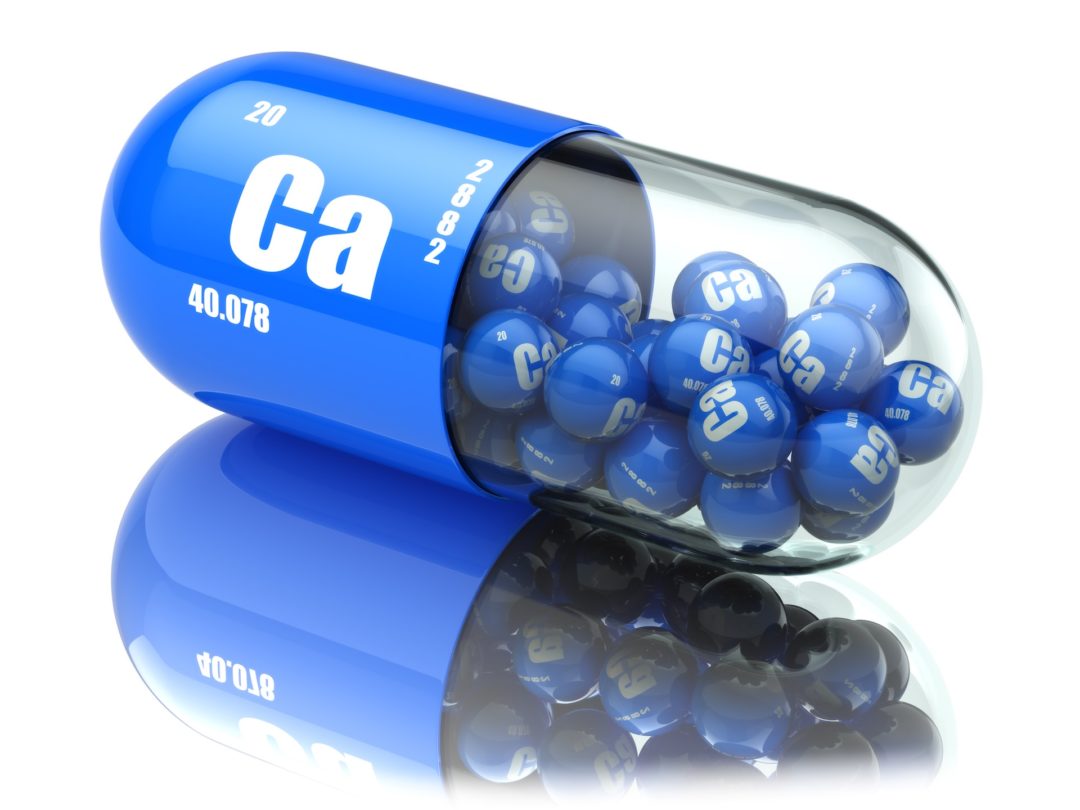
NattoPharma Awarded Grant

It is hoped that the use of calcium in preclinical models for chronic kidney failure and postmenopausal bone loss will assist in discovering how supplemental calcium is metabolized in the parameters set by the study.
“This will be the first study that demonstrates K2’s impact on calcium metabolismin vivo; however, we have shown in human studies with healthy participants that the progression of hardening of the arteries can be halted and even regressed,” said Dr. Hogne Vik, NattoPharma chief medical officer in a press release. “Calcium supplement manufacturers must recognize the importance of pairing calcium with Vitamin K2. They cannot ignore the growing body of evidence that K2 is required for the body to properly metabolize and utilize calcium.”
Following the innovative three-year study sponsored by NattoPharma showing improved arterial flexibility and health, the new grant may add even more legitimacy of Vitamin K2 as a positive cardiovascular supporter.
“This study will help to provide further evidence that calcium without adequate Vitamin K2 consumption might end up in the soft tissues where it is not wanted, rather than in the bone matrix, where it is needed,” said Dr. Schurgers. In a recent study by “Bolland et al. it was shown that calcium supplementation of postmenopausal women was associated a beneficial effect on bone, but also with increased myocardial infarction, suggesting detrimental effects on the vascular system possibly by increased vascular calcification. As calcium supplementation is needed for bone, the precipitation in the vessel wall needs to be inhibited.”
Related Articles

The editorial team at WholeFoods Magazine has decades of experiences reporting on natural products industry news, trends, and more. This national, monthly business-to-business magazine has been published continuously for nearly 40 years (the magazine was founded in 1977, and has been owned by Wainer Finest Communications since 1984). It is the longest-tenured media outlet of its kind in the natural products industry. The editorial focus at WholeFoods Magazine is, and always has been, on informing and educating members of the natural products industry.
The Magazine
Information
About Us
NOTE: WholeFoods Magazine is a business-to-business publication. Information on this site should not be considered medical advice or a way to diagnose or treat any disease or illness. Always seek the advice of a medical professional before making lifestyle changes, including taking a dietary supplement. The opinions expressed by contributors and experts quoted in articles are not necessarily those of the publisher or editors of WholeFoods.







